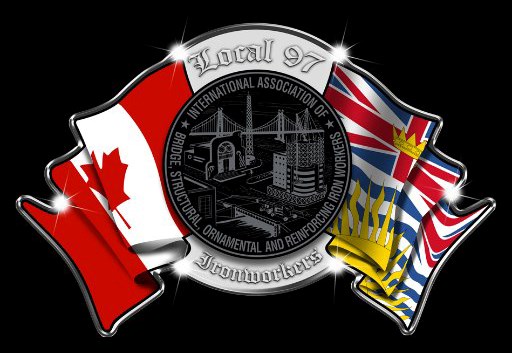A convicted drug smuggler’s complaint against a Burnaby-headquartered union will be heard by the B.C. Human Rights Tribunal despite an attempt to have the case dismissed.
In January 2007, Perley Edmund Holmes, a former business manager with Iron Workers Local 97, was caught in Washington, just south of Osoyoos, trying to smuggle 62 kilograms of cocaine worth an estimated US $4.3 million into Canada.
After his conviction and spending eight years in jail in the U.S., his union membership was reinstated and he went back to work, according to B.C. Human Rights Tribunal documents.
When union elections came up in 2016, however, the Ironworkers wouldn’t allow Holmes to be nominated or run for office.
In a complaint filed a year ago, Holmes alleges the union discriminated against him because of his conviction and calls on the tribunal to order the union to admit it discriminated against him, to stop discriminating against him, to allow him to run for office and to void the 2016 election.
The union applied to have the case dismissed, arguing the complaint is outside of the tribunal’s jurisdiction and should be made against the union’s parent organization, the International Association of Bridge, Structural, Ornamental and Reinforcing Ironworkers, in Washington D.C.
In denying the union’s application to have the case dismissed, tribunal member Walter Pylypchuk, clarified he was not deciding on the merits of Holmes’s case.
But he rejected the local union’s argument that it had had no choice but to follow terms set out in the constitution of its parent organization and was therefore not the proper target of the complaint.
“The Respondent implemented that decision within British Columbia and the consequence of that implementation adversely affected the Complainant,” Pylypchuk stated in his Oct. 4 ruling. “…the Respondent has an obligation before implementing a decision of the International made extra‐ territorially to ensure that that decision is in compliance with British Columbia law.”
A date for the hearing has yet to be set.



